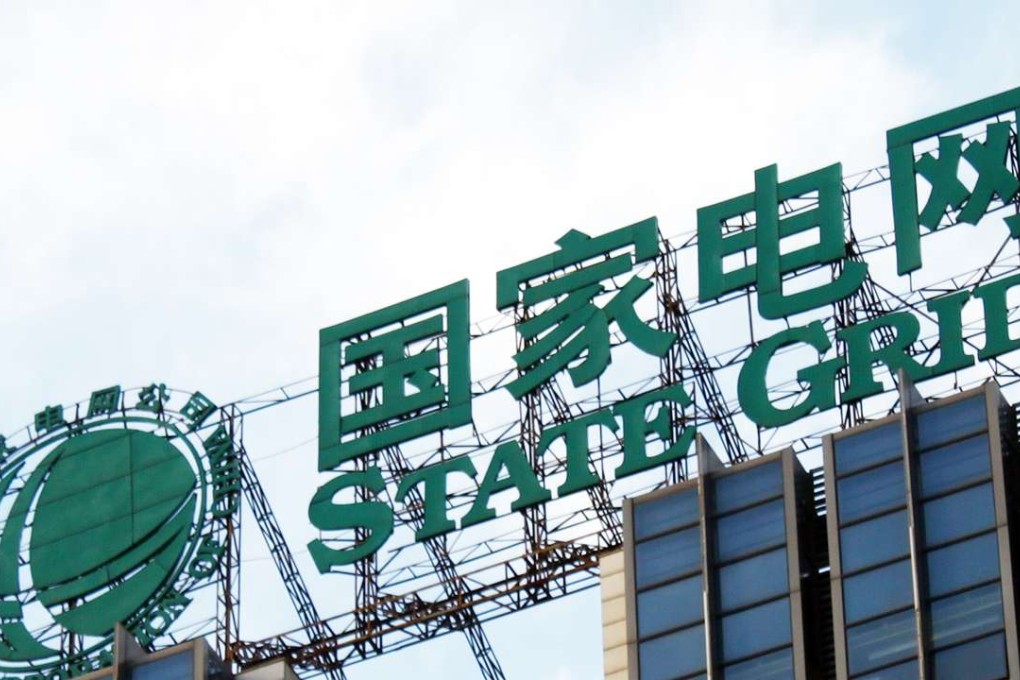Sino File | Why no one gains from Australia and Britain’s treatment of Chinese investment

China’s drive to become a major player in the global electricity industry has hit its second stumbling block in less than a month, raising questions over its ambitions in other areas of the global market.
Just weeks after a new British government’s decision to delay a decision on building the Hinkley Point nuclear plant – which was to have been part-funded by China – Australia announced it would block a US$7.7 billion deal to lease its biggest electricity grid to China’s state-owned State Grid and Hong Kong-listed Cheung Kong Infrastructure, citing national security.
The developments come as the United States lays espionage charges against China General Nuclear Power, which would be a major shareholder in the British plant.
The two decisions have sounded the alarm bell for Chinese investors regarding sectors deemed to be in the national interests of Western countries as they scramble to play catch-up in the world market.
From an economic point of view, the deals would benefit all parties.
